Students develop opinions, viewpoints in science classroom

In a world where science and the Christian faith find themselves at war, scientists in Christian education find ways to incorporate both into their teaching. AP Biology, biology, and zoology teacher Dr. Karen Walters encourages her students to dig into places where faith and science collide.
Walters began teaching at FC six years ago and continues to pursue a passion for science. She teaches introductory biology and human biology at Clovis Community College.
Kayden Marquez, ‘20, enjoys Dr. Walters’ class and believes that the curriculum solidifies her worldview. Her favorite part of the class is studying animal dissections.
“Dr. Walters wants us to know that God created everything even though many sources will say that the earth was created by a big bang or something of that nature,” Marquez said. “Her teaching has confirmed my worldview. I know my faith and I know to stay to what I believe. My favorite part of the class is all the dissections we get to do such as turtles and sharks.”
In the following podcast, Dr. Walters talks about her teaching experiences at FC.
As a believer in hands-on activities, Walters allows her students to experience biology directly. In a recent assignment, the biology class wrote an essay on their response to the statement that some science philosophers believe that all science in practice is religious and requires faith to conduct.
“I like hands on science,” Walters said. “We don’t just read about it in a book. Science after all, is about experiments. We have been studying Darwin and evolution because like it or not, those topics are very influential in our world.
“As Christians we read Genesis where God says he created everything according to kind,” Walters continued. “Does that mean dogs haven’t changed? We know they have. All of our dog breeds expanded out from a wolf type. We’ve done breeding experiments, we know animals can change. That part is science. I want the students to wrestle with this topic before they get to college so that they’re more secure in their faith.”
The students are challenged to think for themselves if a Christian could be a scientist and how a Christian worldview could change the way that science is approached, studied, and exercised. Walters strives to give students a way to think on their own.

In a column for Scientific American, John Horgan shares his beliefs on science coexisting with faith. Horgan is not religious but claims that faith coincides with science.
“Science and religion converge in one important way,” Horgan said. “The more scientists investigate our origins, the more improbable our existence seems. If you define a miracle as an infinitely improbable event, then our existence, you might say, is a miracle.”
In a new classroom made for biology and zoology, Walters has space to conduct experiments and broaden her class’s learning ability. Walters shares stories of previous jobs in the science industry so students can see real life applications. At her first job, Walters tested rat bait to make a better ‘death chemical’. The problem for her was that the mice would eat the cereal in the warehouse and not the bait.
While working, she figured out that peanut meal was an ingredient they favored. The formula ended up popular and a national company called Farnam purchased it. She was unaware that you could claim discoveries at the time and she now stresses students to keep their lab notebooks and record ideas.
In the following tweet, students disect squid and learn about their anatomy.
Biology students enjoy dissecting squids to learn more about their anatomy, April 11. #thefeather #fcbiology @fresnochristian pic.twitter.com/4VZtctcNl5
— The Feather Online (@thefeather) April 12, 2018
Molecular biologist and Christian apologist Alister McGrath shares how faith changed his perspective on science in his Oxford Conversation Video Series. People like Einstein and his chemistry teacher Peter Atkins influenced him in his science discoveries.
“It was my assumption that if you were a scientist you had to be atheist,” McGrath said, “This was because science gobbles up the conceptual space that God had once occupied. I began to realize that there were ways of holding together science and faith. The Christian faith gives the big picture of reality which makes sense with science but also gives a big understanding to who you are and how you fit into this strange universe.

Having attended the University of Oxford, McGrath is now an Andreas Idreos Professor of Science and Religion there. In 1981, he was ordained priest of Southwell Minster as well. Whether in his lectures, video series, or other projects, McGrath shows the power of both subjects.
“It gave me a new intellectual motivation for loving science,” McGrath said. “But at the same time making sense of everything else as well. Maybe science and faith are giving you multiple perspectives on the same reality, you put them together and you get something bigger than both.”
Walters teaches on Darwin with an evangelical viewpoint. Her class focuses on evolution the secular way and with the Christian lens, giving information on both. Her assignments and labs give students the opportunity to form their own opinions.
Senior Joshua Savage appreciates Walters’ commitment to teaching Biblical truth, and not submitting to other popular views. Savage believes Walters teaches students to understand world beliefs as well as biblical.
“I appreciate Dr. Walters’ genuine passion for science,” Savage said, “and her ever-willingness to fully explain a difficult concept. It hasn’t changed my thinking; if anything it has inspired me to stand firm in my faith. Dissections and informative videos are my favorite activities to partake in zoology. They are immersive and helpful in understanding the anatomy and life cycle of the animals that we cohabitate with.”
In all of her teaching, Walters intertwines faith and biology because of the confusion among students as to what they believe. Walters acknowledges that people debate this situation everyday, not just at FC, and strives to combat the lack of faith in science classrooms.
For more articles, check out Annual Serve Day unites community through service or The Struggle is Real.
Morgan Parker can be reached via email and via Twitter.

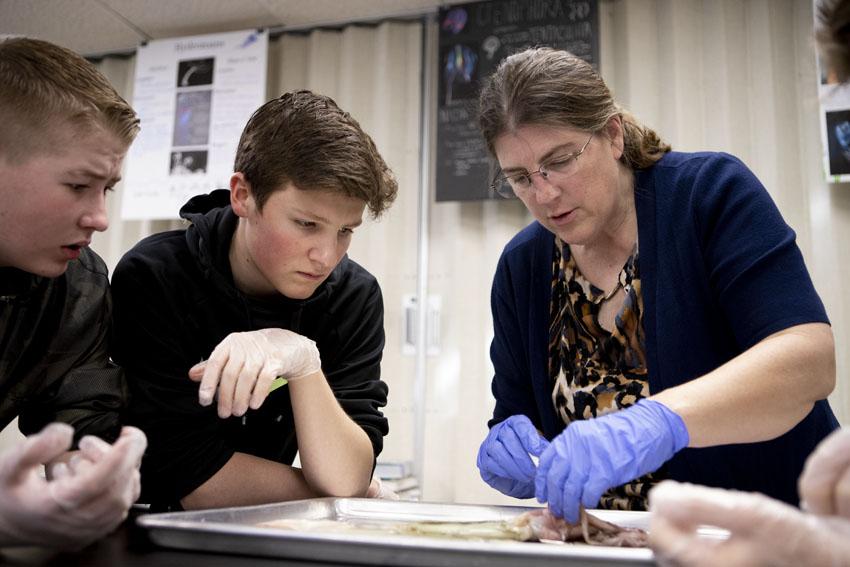
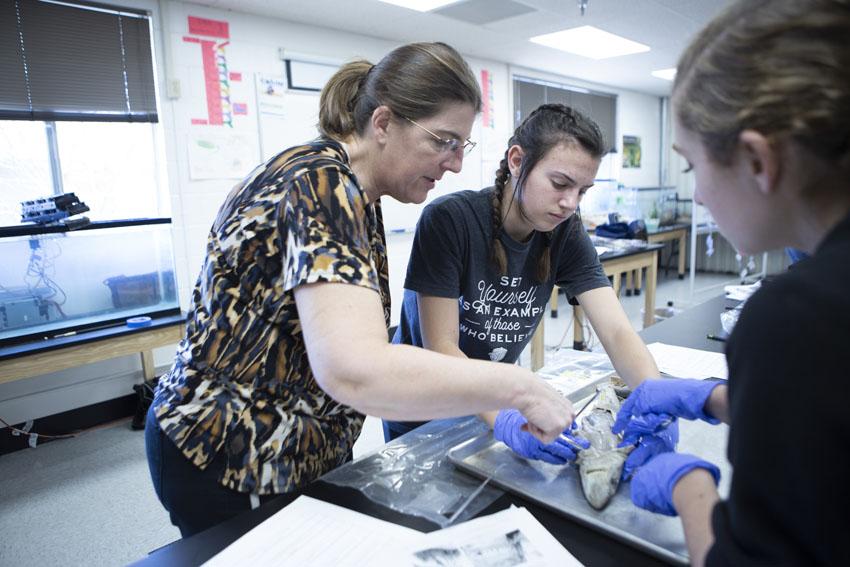
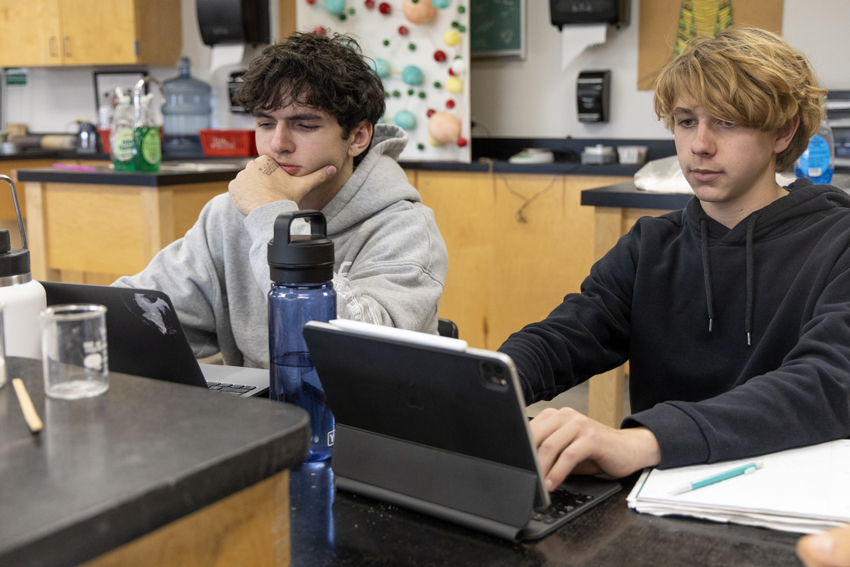

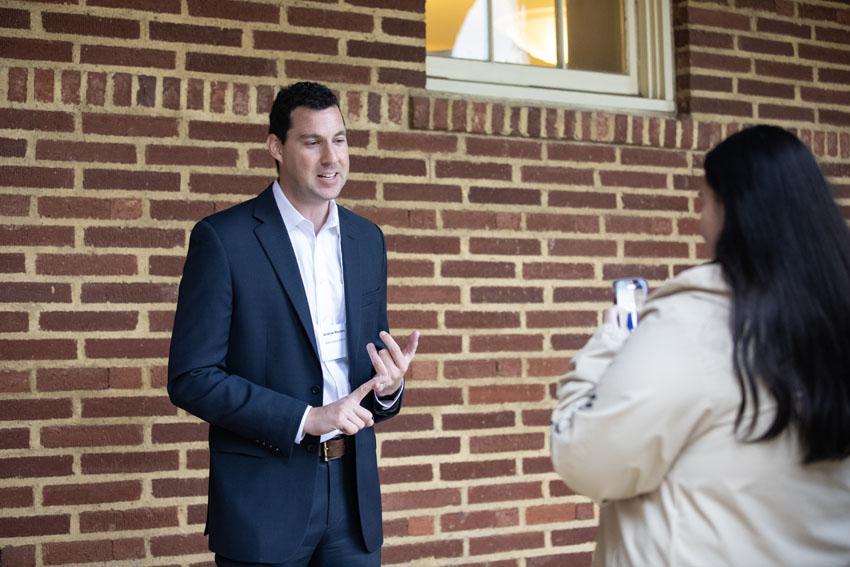
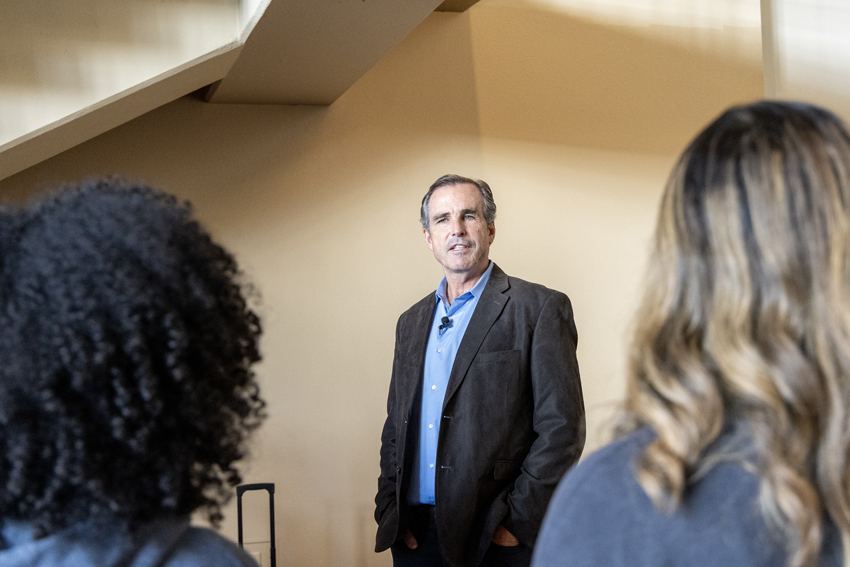


Jewel Chandler • Mar 22, 2019 at 11:51 am
Awesome article!
Elizabeth (Grossman) Moore, '10 • Mar 21, 2019 at 11:46 am
As an FC alumna and scientist, I appreciate Dr. Walter’s work to encourage students think critically and grapple with tricky questions at the intersection of science and faith. Nice article!
Addison Schultz • Mar 21, 2019 at 10:56 am
Great article! It’s so cool to learn about how faith and science can collide in the science classroom.